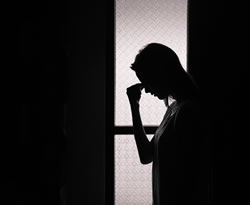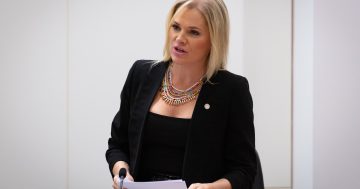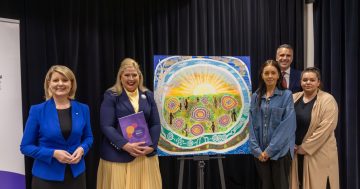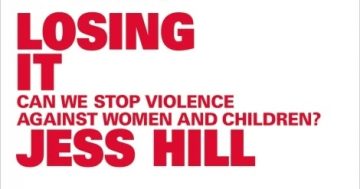 A new campaign to help the victim-survivors of ‘coercive control’ has been launched to help those effected in South Australia, their friends and families as well as the broader community, to ‘see the signs’.
A new campaign to help the victim-survivors of ‘coercive control’ has been launched to help those effected in South Australia, their friends and families as well as the broader community, to ‘see the signs’.
Officially reviewed at last week’s ‘See the Signs of Coercive Control’ forum, the campaign is aimed at capitalising the growing public discourse and the symbolism of metaphorical red flags and help build awareness about all forms of domestic violence, including coercive control.
According to the Minister for the Prevention of Domestic and Family Violence, Katrine Hildyard, coercive control is an “insidious and too often unseen form of domestic violence with horrifying outcomes.”
Ms Hildyard said patterns of coercive behaviours might include emotional, psychological, financial and technological abuse which seek to control, isolate and undermine victim-survivors to take away a person’s sense of self-worth and autonomy and can be predictive of future physical attacks, including murder.
She said the ‘red flags’ campaign was targeted at young people and is part of a government initiative aimed at addressing domestic violence headlined by upcoming legislation to criminalise ‘coercive control’.
“I am determined to grow awareness about the patterns of coercive, controlling behaviours and their impact in the lead up to introducing legislation to criminalise it in the coming months,” Ms Hildyard said.
“To prevent and eradicate coercive control, we need more people in our community aware of it, those who experience it to feel empowered to seek help and those who perpetrate it to stop,” she said.
She said the Government was committed to criminalising coercive control in the State.
“For the laws to work effectively and for us to robustly tackle this horrific behaviour, more people need to understand what coercive control looks like,” Ms Hildyard said.
“That is why this campaign is crucial.”
Support for people impacted by the issues discussed in this article is available from Domestic Violence Crisis Line (SA 24/7) 1800 800 098; 1800RESPECT (National 24/7) 1800 737 732; and Men’s Referral Service: 1300 766 491











